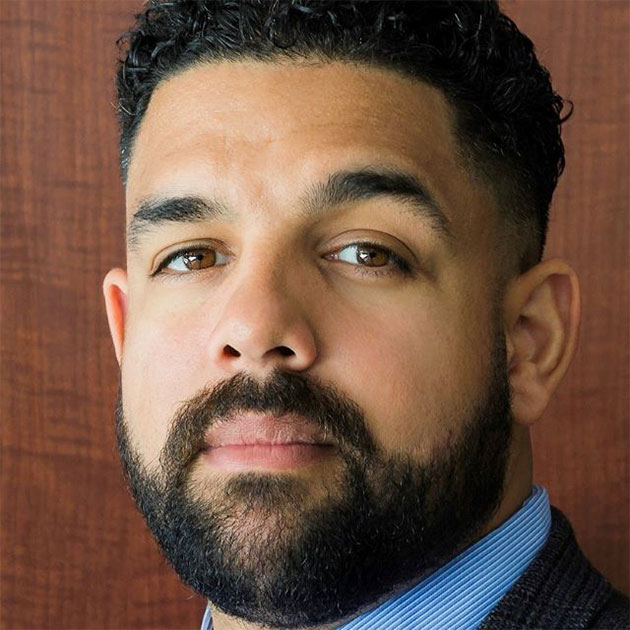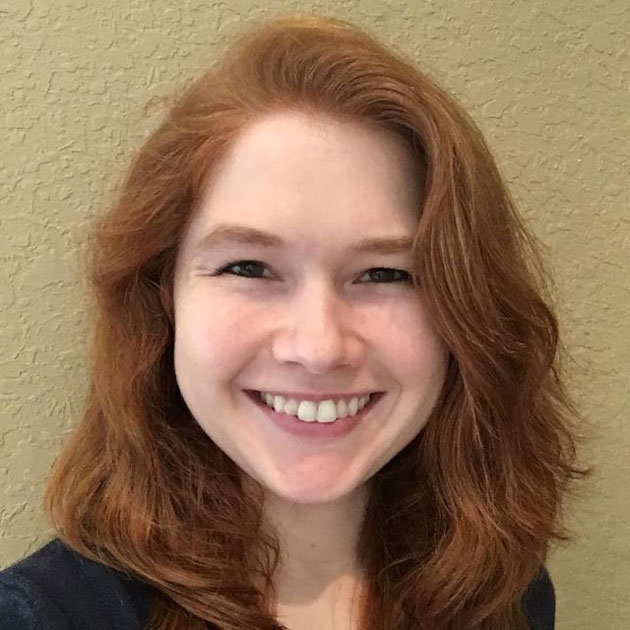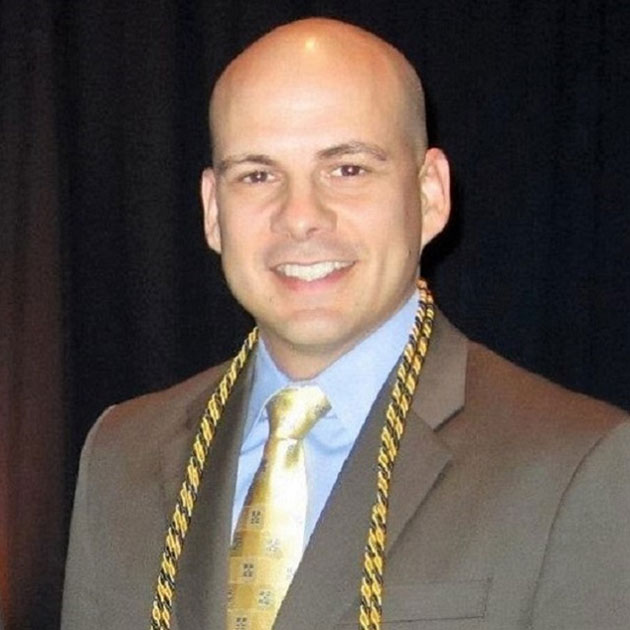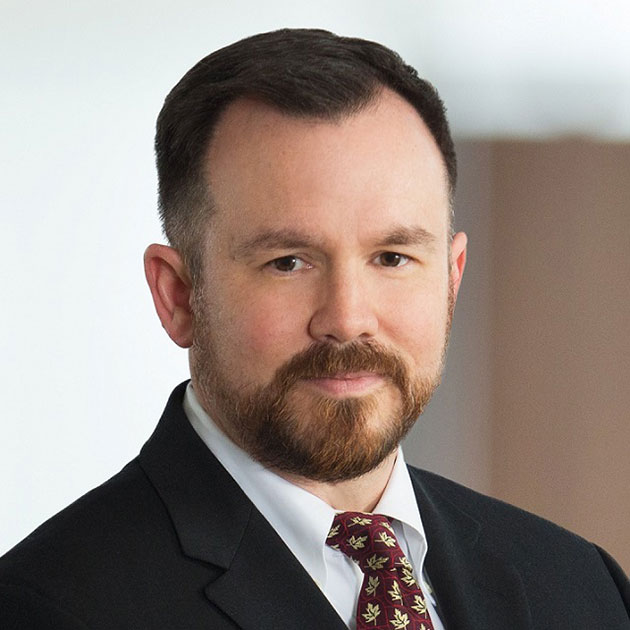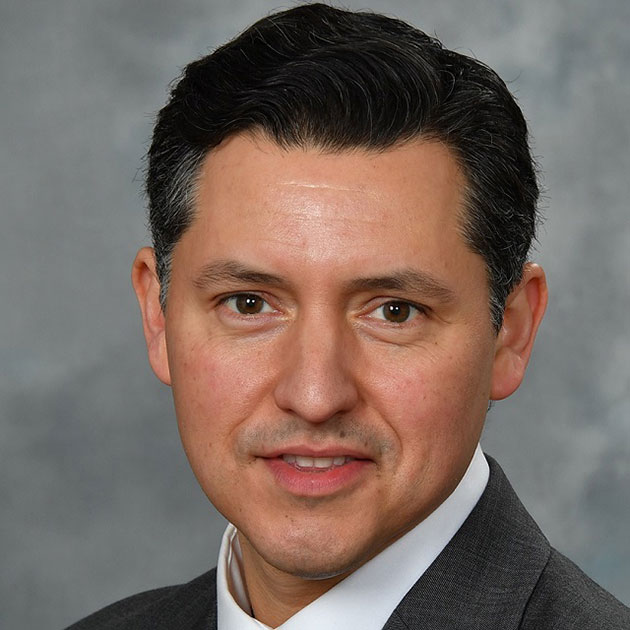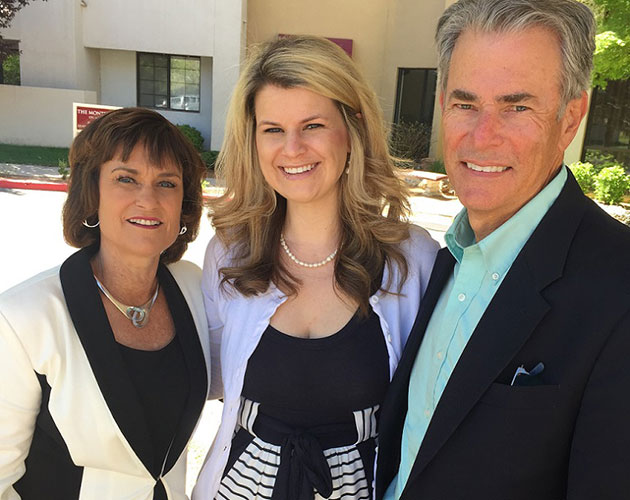
Distinguished Professor and Associate Dean, University of New Mexico School of Medicine
At UNM’s School of Medicine in Albuquerque, Rayburn is responsible for continuing medical education and professional development of the school’s faculty along with serving as a clinician, educator and researcher in high-risk pregnancies in the school’s Division of Maternal-Fetal Medicine. He has written more than 700 peer-review journal articles and abstracts for national scientific meetings dealing primarily with drug effects on the developing fetus and he serves as a national expert on continuing medical education and professional development. He is founder of the “Workforce Studies and Planning Initiative” at the American College of Obstetricians and Gynecologists. Rayburn was the long-standing chair of obstetrics and gynecology at UNM’s medical school and he has held several national leadership positions in medical education.
What do you enjoy about your current position/profession?
I enjoy the constant challenges of remaining well informed in my medical specialty, asking and answering pertinent questions in healthcare delivery and serving as a role model for a team of younger physicians and health professionals.
How do you see your profession changing in the next five or 10 years?
Changes are rapid in medicine with increasing demands on delivering quality care and patient safety; improving patient satisfaction; encouraging efficient and team-based care; and attempting to reduce the escalating costs of healthcare.
Why did you come to UT Dallas?
I came to UT Dallas to advance my formal knowledge of the business and management of medicine. Advancing my career required gaining more insight from the very relevant and practical courses offered in the UT Dallas Alliance for Medical Management (offered through Jindal School Executive Education). I was impressed during my original search to find that UT Dallas had the nation’s first strategic partnership between a major medical school and a school of management that offered a fully accredited graduate program in healthcare leadership and management. The UT Southwestern Medical Center and UT Southwestern Medical School are well regarded nationally.
Did a UT Dallas professor inspire you? Who was that and how was that person inspirational?
I enjoyed all of my UT Dallas professors, but without a doubt, John F. McCracken, PhD, stood out. John demonstrated the following admirable characteristics: an active interest in his students, complete knowledge of his subject while instructing at a level that was not overwhelming to his learners, and an ability to ask challenging questions. Certain of his instruction techniques have been included in my own teaching.
Has something about your UT Dallas education surprised you since graduating?
Learning is a lifelong process, and college and graduate school are stages of this process. Try to enjoy your subjects and understand how they add value to your broad education. Seek advice as to what may be the best career alternatives for you. We all have different personalities, learning styles, needs and desires to contribute.
What makes an effective leader?
There are few if any models in learning how to be an effective leader, and I have encountered many different styles. Reflecting back, effective leaders appear to possess a combination of the following qualities: Passion for what they are doing; vision of where to go and how to get there; knowledge of their subject with appropriate educational background and work experience; ability to problem solve in such a manner that others feel engaged; capability of advising or mentoring with an ability to promote others; capacity to manage time effectively; and demonstrate a work ethic by “rolling up their sleeves.” Special qualities of leaders that appeal to me involve recalling names of others, listening well, appearing genuinely interested and displaying a sense of humor.

